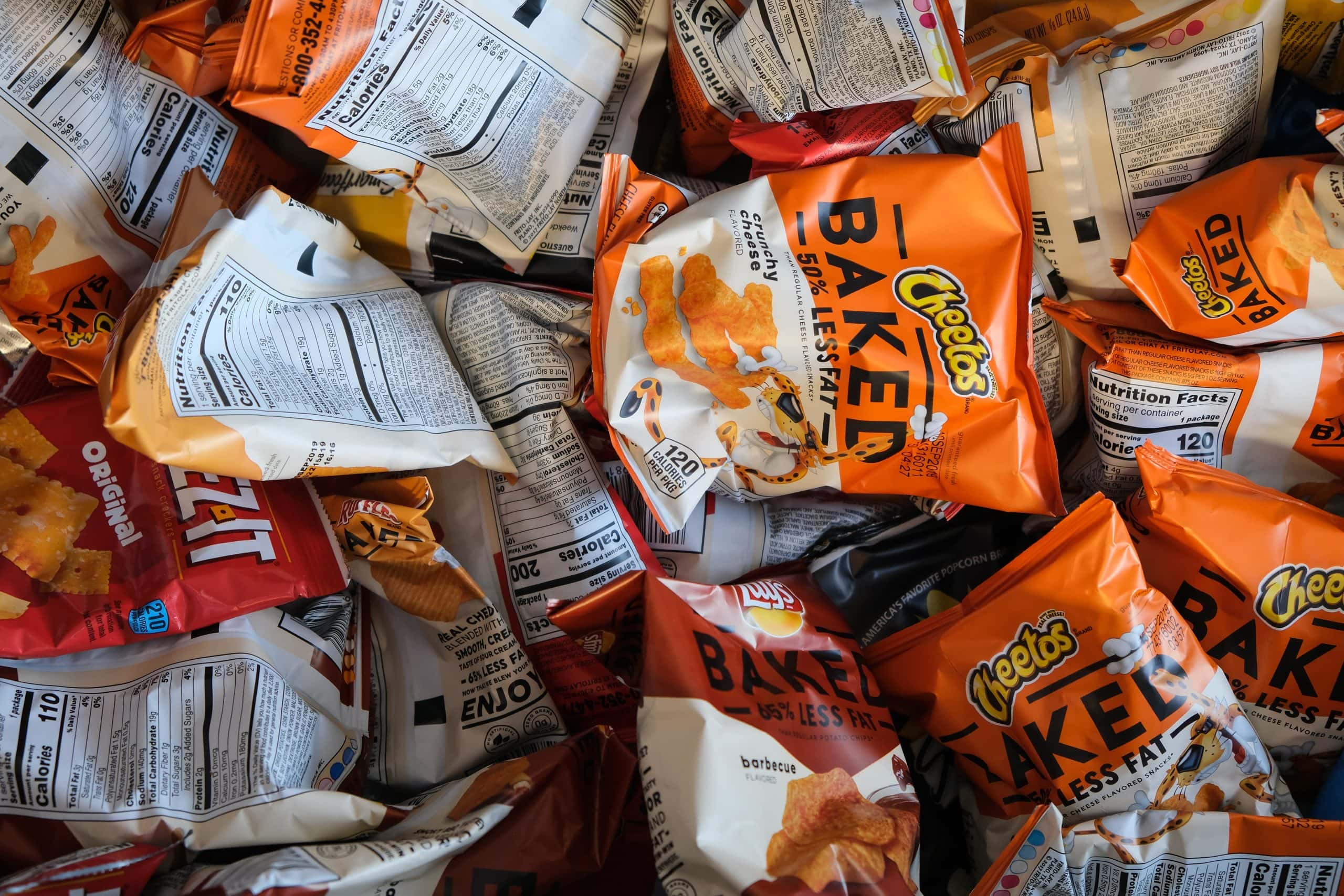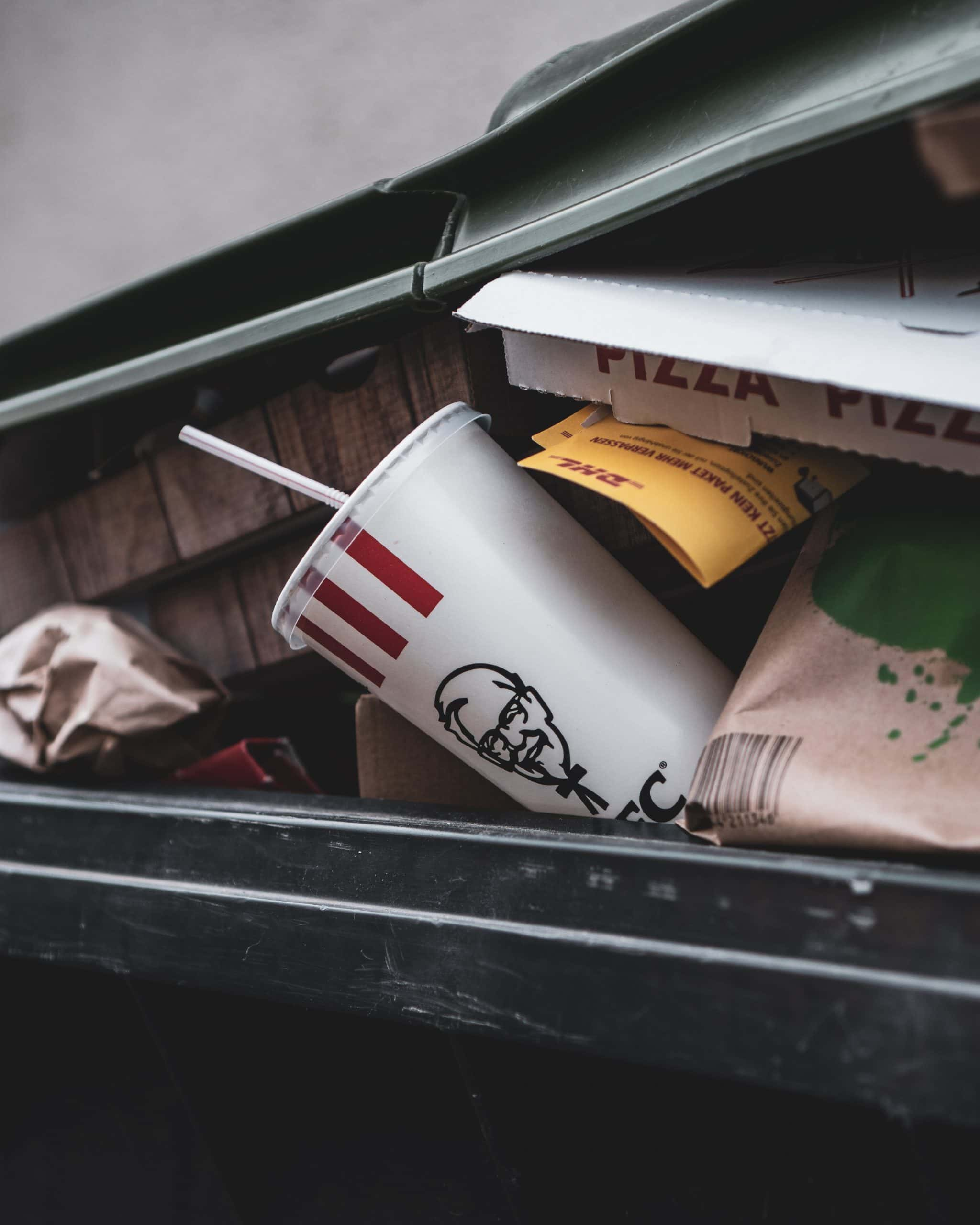Senator Marco Rubio (R-Fla.) proposes the Health SNAP Act to restrict SNAP benefits from being used to purchase what he considers to be junk food.

Rubio Proposes Eliminating Sugary Treats From SNAP
The aim is to steer Americans towards healthier food options. Critics argue against government interference in personal dietary choices.
SNAP, previously known as food stamps, is a federal program that requires applicants to meet income and housing criteria. The U.S. Department of Agriculture (USDA) already imposes restrictions on SNAP, prohibiting the purchase of alcohol, cigarettes, and vitamins. Rubio’s proposal seeks to go further by eliminating sugary treats.
Rubio highlights USDA data showing that 20% of SNAP spending goes towards unhealthy foods and drinks. He argues that the prevalence of obesity and diabetes in the U.S., along with the associated medical costs, makes it immoral for SNAP to contribute to the problem.
Rubio Proposes Listing Soft Drinks, Candy, Ice Cream, and Desserts From SNAP.
Under Rubio’s proposal, purchases of soft drinks, candy, ice cream, and prepared desserts would be restricted. He plans to introduce legislation explicitly excluding these items from SNAP, promoting healthier options like milk and pure fruit juice.
Rubio claims that 20 cents of every SNAP dollar is spent on sweetened beverages, desserts, salty snacks, candy, and sugar. He estimates that over the next decade, these choices would cost taxpayers more than $204 billion.
During a recent hearing, other lawmakers expressed similar concerns, acknowledging the impact of dietary choices on public health.
The American Enterprise Institute found that a significant portion of adults aged 50 to 64 on SNAP had diet-related disorders and were obese.
In response to Rubio’s proposal, the USDA stated that it focuses on incentivizing healthy food choices and making them more accessible, rather than restricting options.
Grocery store employees raise concerns about challenges at checkout, where cashiers would have to determine which items are restricted, potentially causing friction with customers.
The National Grocers Association emphasizes the lack of clear definitions for healthy and unhealthy food choices, suggesting that determining specific food options for SNAP recipients would become the government’s responsibility.
NewsNation reached out to food bank organizations and Rubio’s office for comments but has not received a response at this time
READ ALSO: Texas Health Agency Approves Replacement of Stolen SNAP Benefits for Fraud Victims




